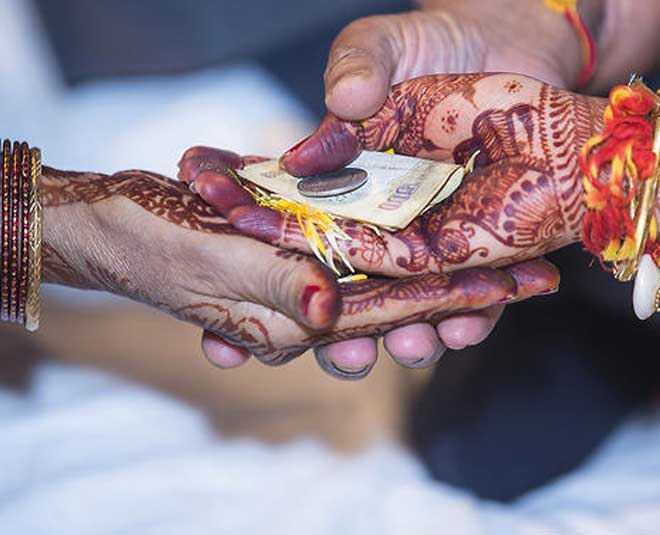
An unfortunate socially accepted practice, Dowry, still remains deeply entrenched in our Indian society as an integral part of marriage.
Though it was criminalized under the Dowry Prohibition Act in 1961, the laws remain ineffective. People are still indulging in this practice indirectly at the time of marriage or post-marriage.
One such case has been observed when the Supreme Court upheld the conviction of the 80-year-old mother-in-law despite her advanced age for cruelty to the deceased daughter-in-law.

Image Courtesy:vinesoftheyarravalley.com
Mira, a resident of Chennai, frequently taunted her daughter-in-law for not adorning jewels. The incident took place in the year 2006 when Mira was approximately between 60-65 years old.
She harassed her daughter-in-law who was staying with them (Mira and her husband) as her husband used to work in Saudi Arabia. Due to this cruelty, the daughter-in-law took a drastic step of committing suicide by immolating herself.
The mother of the victim (daughter-in-law) filed a case against her daughter’s husband, mother-in-law, and father-in-law under Section 498A and Section 306 (abetment to suicide) of the Indian Penal Code.
Don't miss:Asking Money For Construction Of A House To Be Treated As Dowry, Says Supreme Court
At first, the victim’s mother filed the case against the 3 people in the trial court which sentenced the mother-in-law to 1-year imprisonment.
Later, the mother-in-law had moved the high court challenging the trial court order. However, the Madras High Court dismissed her appeal and upheld the judgment of the trial court. Also, the husband and father-in-law were absolved of both charges.
Then, Mira moved to the apex court challenging the High Court’s order.
While the hearing at the Supreme Court, Mira’s lawyer pleaded to the Court for a lenient view, considering her advanced age and the fact that the High Court had already acquitted her of the charge under Section 306.
They also opined that the victim did not want her husband to go back to Saudi Arabia and for that, she quarrelled with her husband and other family members. This, as per Mira’s lawyer, was the root cause that led to her committing suicide.

Image Courtesy: indiaspend.com
The Supreme Court in its judgement observed that cruelty committed by a woman against another woman is a more serious offence. The apex court upheld the conviction of Mira under the IPC’s Section 498A and sentenced her to three months imprisonment.
A bench of justices MR Shah and BV Nagarathna said, “When an offence has been committed by a woman by meting out cruelty to another woman, i.e., the daughter-in-law, it becomes a more serious offence. If a lady, i.e., the mother-in-law herein does not protect another lady, the other lady, i.e., daughter-in-law would become vulnerable.”
However, the Court reduced the sentence from 1 year to three months and directed the woman, currently on bail, to surrender and undergo the punishment.
The bench, in its verdict, further added, “At the time when the incident occurred, the appellant was approximately between 60-65 years. The incident is of the year 2006. Therefore, merely because a long time has passed in concluding the trial and/or deciding the appeal by the High Court, is no ground not to impose the punishment and/or to impose the sentence already undergone.”
India's dowry system dates back in some form for thousands of years. While this practice has been banned in India for over 60 years, it persists, and not only in rural areas!
Over time, the cases of violence, physical and mental abuse, and even deaths associated with Dowry are increasing.
Recent crime figures also suggest dowries are still being paid. In 2019, the country recorded more than 13,000 complaints about dowries and more than 7,100 dowry deaths, according to the National Crime Records Bureau of India which is upsetting.
Now, it’s high time that people understand that this practice is banned legally for a reason and they should condemn this “socially accepted practice”.
What are your thoughts on this incident? Do tell us on our Facebook page. For more such stories, keep reading HerZindagi!
Our aim is to provide accurate, safe and expert verified information through our articles and social media handles. The remedies, advice and tips mentioned here are for general information only. Please consult your expert before trying any kind of health, beauty, life hacks or astrology related tips. For any feedback or complaint, contact us at compliant_gro@jagrannewmedia.com.